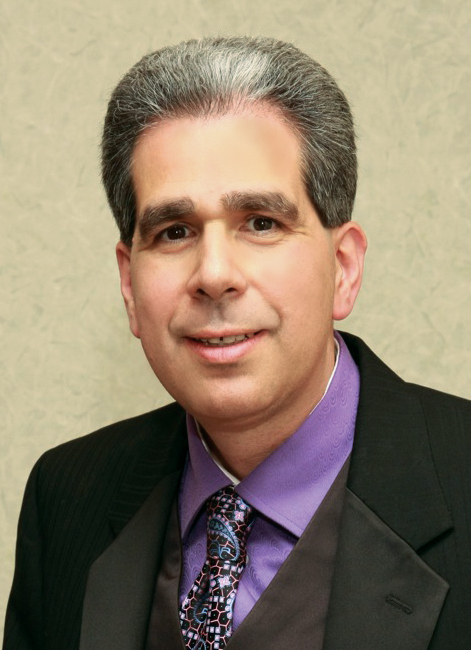Ahead of Poets&Quants’ 2014 ranking of the top Executive MBA programs in North America, it’s helpful to reflect on key trends in the EMBA marketplace. From growing demand in China and India to the push for more online options, the traditional EMBA landscape is undoubtedly changing. However, a few key factors, including the average age of an EMBA (roughly 37) and years of work experience (around 13), have held steady despite fluctuations in other areas.
For a better understanding of the key changes ushered in by 2013, Poets&Quants turned to Michael Desiderio, executive director of the Executive MBA Council. The council puts out an annual report on five-year trends in the EMBA space, culling their data from some 314 member programs. The 2013 report sheds some interesting insights on everything from dwindling employer sponsorship to the percentage of female EMBA students (currently 25.5%). Desiderio shared his take on the results and his predictions for a “bullish” EMBA future with Poets&Quants.
Could you tell me a little bit more about the Executive MBA Concil’s five-year trends survey and the key changes you identified in 2013?
We do a big survey of our membership, and we get about 96% participation. It covers everything from tuition costs to what EMBA programs are doing with electronic course materials to funding and what tuition reimbursement looks like.
There seems to be a move toward electronic course material. The percentage of course materials that programs deliver electronically has tripled since 2010–that was the first year we started monitoring it and it’s definitely something we’re watching closely and that continues to be interesting to us.
Would you say EMBA education is moving online?
We’re not in a position to say it’s a trend at this point, but there’s certainly more chatter about hybrid programs and moving components of programs online. Still, we don’t have data yet showing a huge spike in online delivery in EMBA programs. Certainly in the past few years we’ve added more members with online programs and the discussion seems to be picking up steam. Everyone wants to jump on what MOOCs mean for the EMBA, but that’s too big of an animal to predict at this point. I just think that whole piece is still playing itself out.
EMBA programs are certainly finding ways to integrate online components into their programs. We ask questions about what we call distance learning and found that it hasn’t changed really dramatically, so that’s why I’m saying the data isn’t there to signal a major shift to online education. One of the questions we ask is what portion of the program’s content is offered through distance learning. In 2011, the average was 7.1%; in 2013 is was 8%, so it hasn’t jumped off the charts all of sudden. For us, that’s not a trend yet. We ask other questions around contact hours and that kind of thing; again, if you look at it year to year, it’s relatively flat, so there hasn’t been much of a shift.
What was one of the most surprising trends you noticed this year?
Over the past few years, more programs have taken advantage of social media like LinkedIn and Facebook. We’ve seen a pretty big shift there. It’s used not so much for teaching, but for marketing purposes. In 2009, about 41% of surveyed members said they were using LinkedIn to promote their programs. In 2013, 89.4% said they were using LinkedIn to promote their programs, so there are clearly some changes happening in marketing.
Interestingly, some people say Facebook isn’t the right forum because of the demographic that’s being targeted for EMBA programs. But in 2009, 35% of programs were on Facebook, and in 2013, that number rose to 82%–so I think programs are finding ways to use it to market themselves.
What can we expect to see over the next three to five years in EMBA education?
I do think, and this is certainly anecdotally, that we are going to move toward more hybrid programs. Do I think it will be the majority? Well, it depends on how you define hybrid. The industry needs to wrestle with that; is it one of those terms we throw around– hybrid learning–but we haven’t really defined it yet. If you post something in a forum and ask students to comment, is that a hybrid program? I don’t want to get hung up on the semantics, but I think we’re going to see a move in the direction where more programs are starting to incorporate online elements. But I don’t think EMBA programs will give up on face-to-face learning. Alumni and perspective students still want some face time, so I don’t see the EMBA world going 100% online–hybrid is a more likely option.






Questions about this article? Email us or leave a comment below.